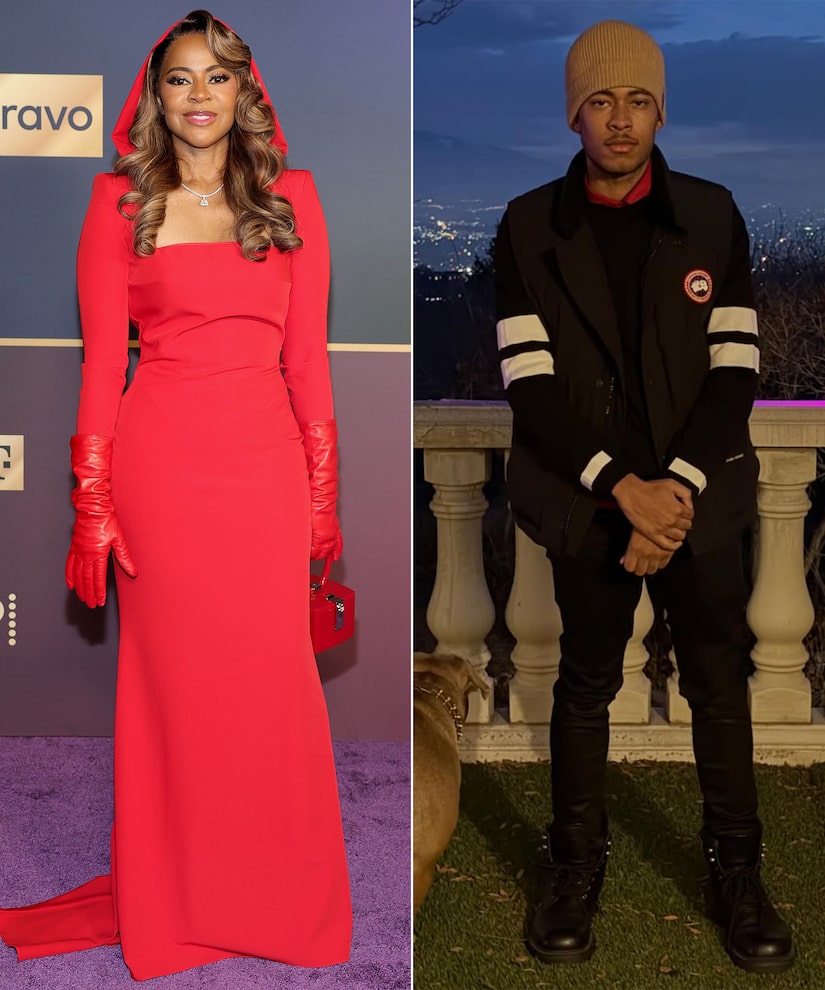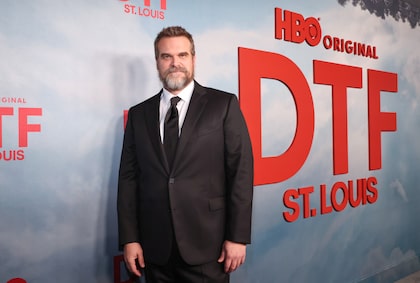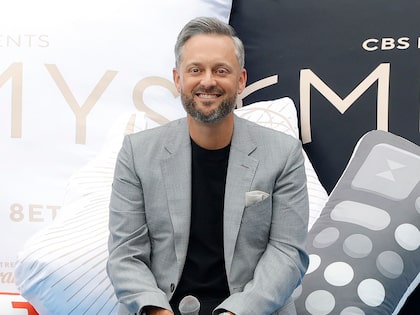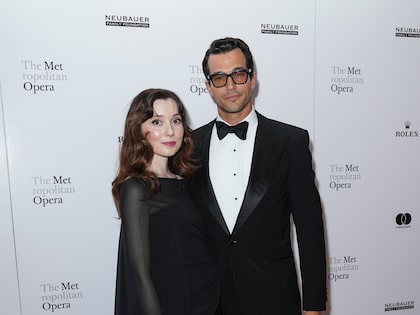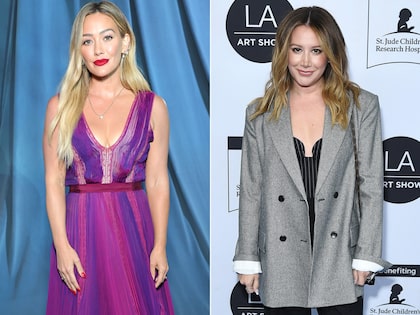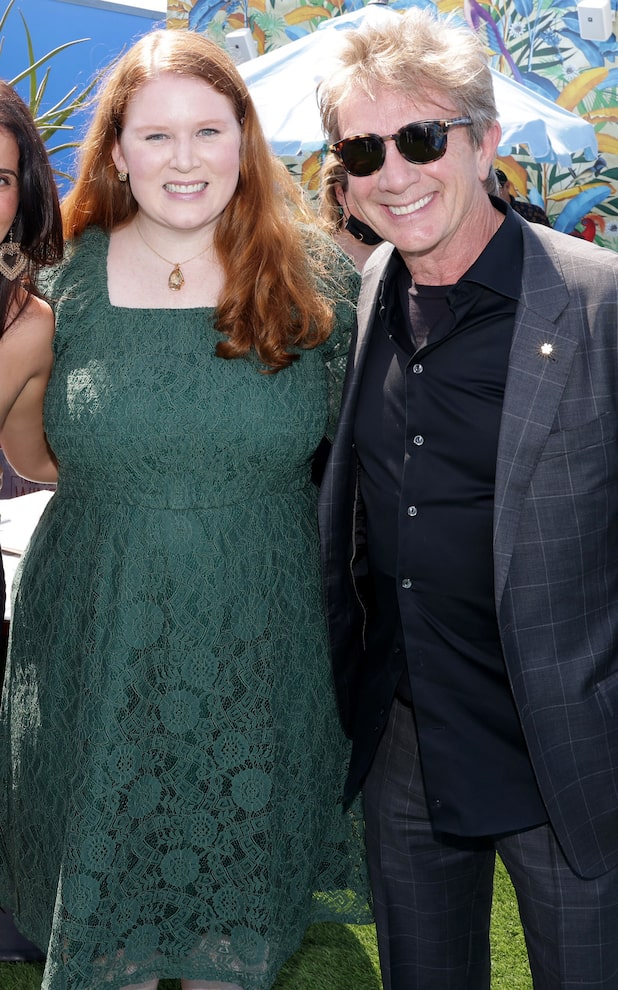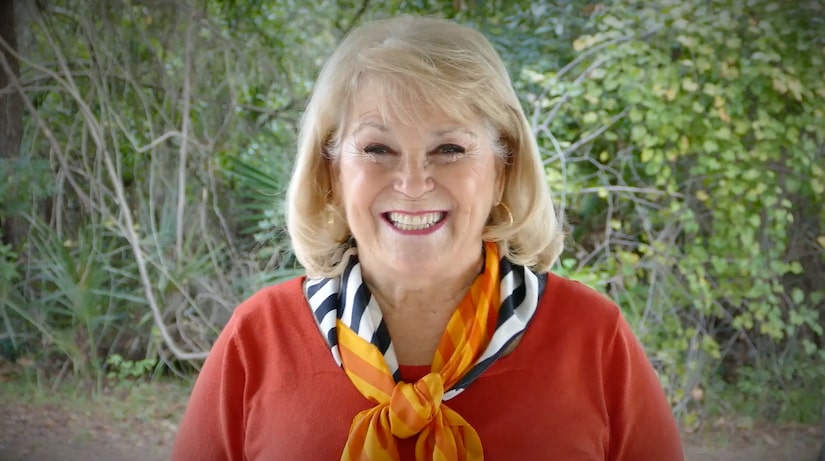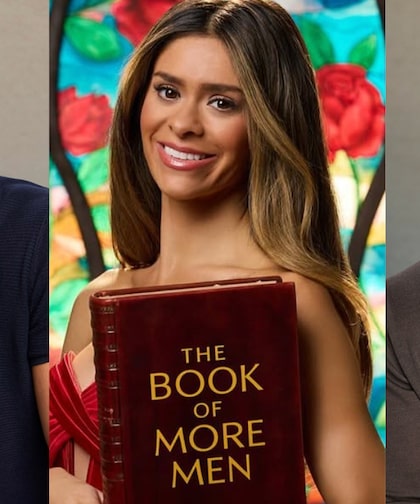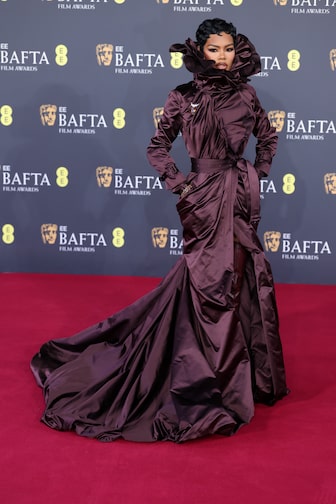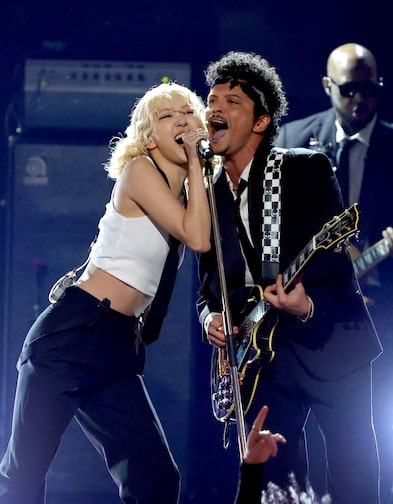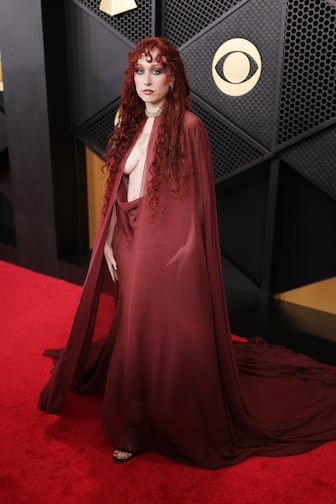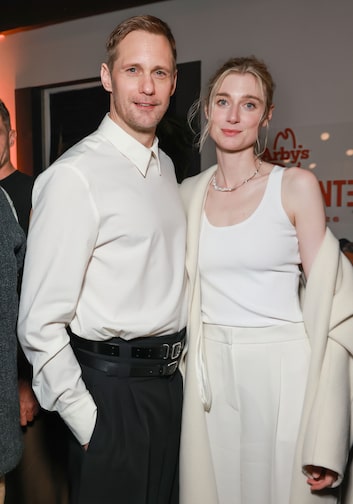Celebrity News June 02, 2020
James Corden & Reggie Watts Break Down in Tears Talking About Racism
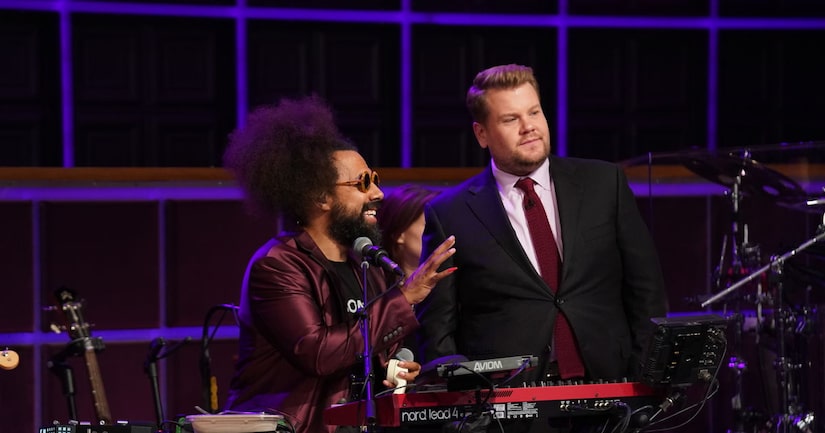 CBS
CBS
The nationwide protests have been on everyone's mind, including late-night host James Corden.
On Monday's episode of “The Late Late Show,” Corden had a virtual conversation with his bandleader Reggie Watts, who opened up about the hardships he has faced due to being biracial.
Reflecting on his childhood, Watts shared, "I was fortunate to grow up in a place where I was pretty protected by my parents when it came to forms of racism that happened in my neighborhood. My mom was a fierce fighter and would get out of the house and get in people's faces about, you know, people calling me the N-word or whatever growing up, and being different and stuff. So I feel really grateful that my parents and my father fought so hard to make my life feel normal and to have me grow up feeling like I'm a human being rather than I'm a demographic."
Though Watts' family did everything they could to shield him from racism, they had struggles. He spoke of his father "growing up in the Midwest and being in Vietnam and not being able to get a job when he got out of the Army because he was black. And the economy wasn't doing that well and he had to re-enlist, got sent back to Vietnam. And then when my parents got married, their marriage wasn't recognized in the U.S. because of laws prohibiting interracial marriage."
Reggie also brought up his cousin Alice Walker, who used her experiences to write the acclaimed novel "The Color Purple." Tearing up, he noted, "I have this history in the black community in the Midwest that I don't access a lot because there's a lot of pain and emotion there. So it's hard, and so much is happening. And I want to use my platform for good. I go in and out, you know? It's tough."

Reggie admitted, “I also feel like there is a pressure, you know? It's like, well, if you're of color, you know, you gotta represent your whole crew. I grew up all my life really trying to be seen as a human being and to not have people affected by the way that they look, but I also know that's just reality. Mostly, I'm feeling so much. It's hard for me."
After hearing Watts' story, Corden couldn't help but cry, too. He told Watts, “I'm so sorry that you're feeling this. I would give anything to be with you and put my arm around you."
Before their emotional chat, James addressed the protests, saying, “White people can not just say anymore, 'Yeah, I'm not racist,' and think that that's enough, because it's not. It's not enough because, make no mistake, this is our problem to solve. How can the black community dismantle a problem that they didn't create?"
Many Americans have been fighting for justice in the killing of George Floyd. Last week, video showed white police officer Derek Chauvin with his knee on Floyd's neck during an arrest. Floyd said he could not breathe and pleaded for help, but later died.
All four responding officers have since been fired, and Public Safety Commissioner John Harrington announced on Friday that Chauvin had been arrested and charged with third degree murder and manslaughter.
 Backgrid
Backgrid
Stars Fight for Justice in Nationwide George Floyd Protests
View StoryReferencing NFL quarterback Colin Kaepernick, Floyd, and the Trump Administration, Corden emphasized, “These protests, they have to result in change, because when athletes took a knee peacefully at a football game, the vice president stood up and walked out of that stadium rather than see that protest. Now, a policeman takes a knee to a man's neck and our leadership hide in a bunker rather than see this protest."
Addressing the COVID-19 pandemic and how it has disproportionately hurt the black and brown community, Corden brought attention to the lack of healthcare available to them despite their making up for a large percentage of essential workers. He noted, “So they help society more, but they get help less. We shouldn't just be trying to understand the rage, we should feel the rage."
Along with acknowledging the privileges he has been afforded as a white man, James stressed his desire to “hear, listen, and take the time” to amplify the voices of the black community. He added, “I know that I want to do more. I want to learn more, and let that be a start."

